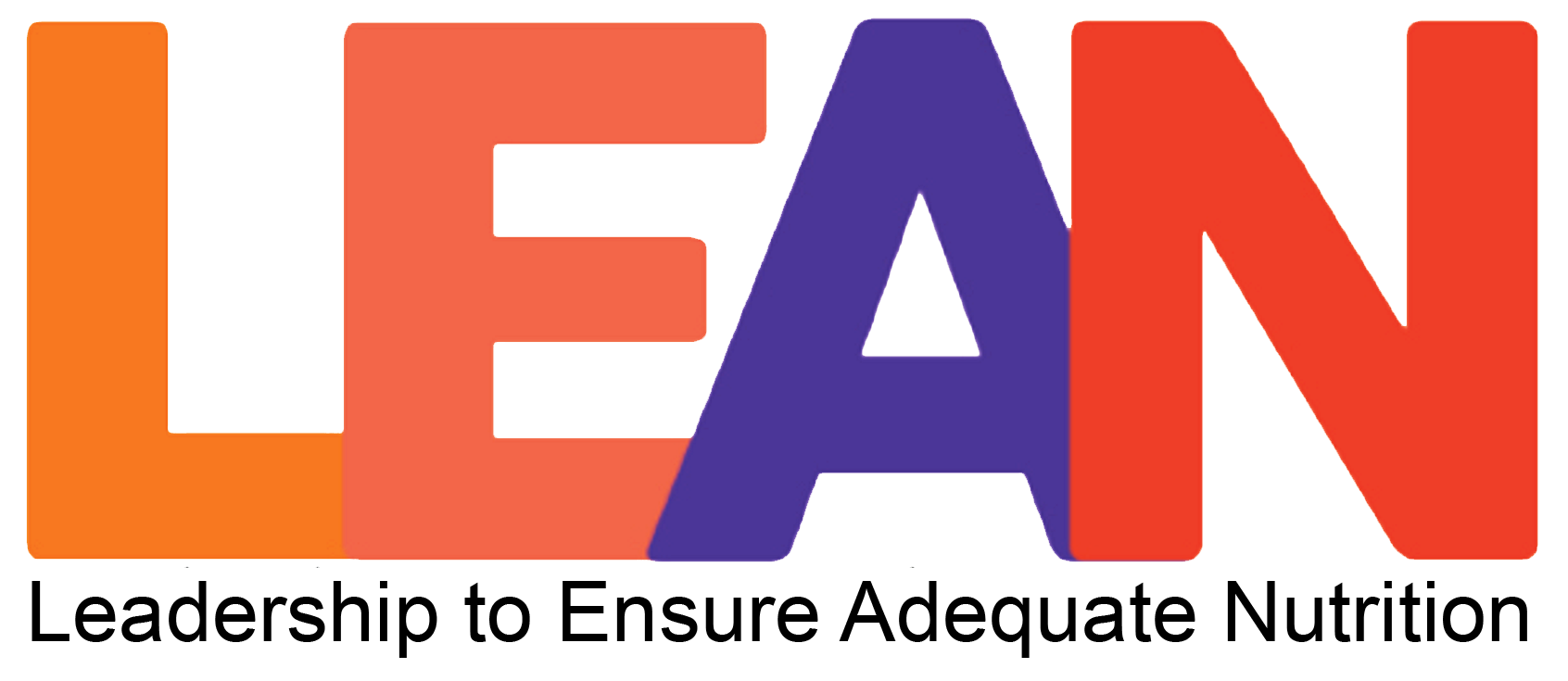Technical Partners
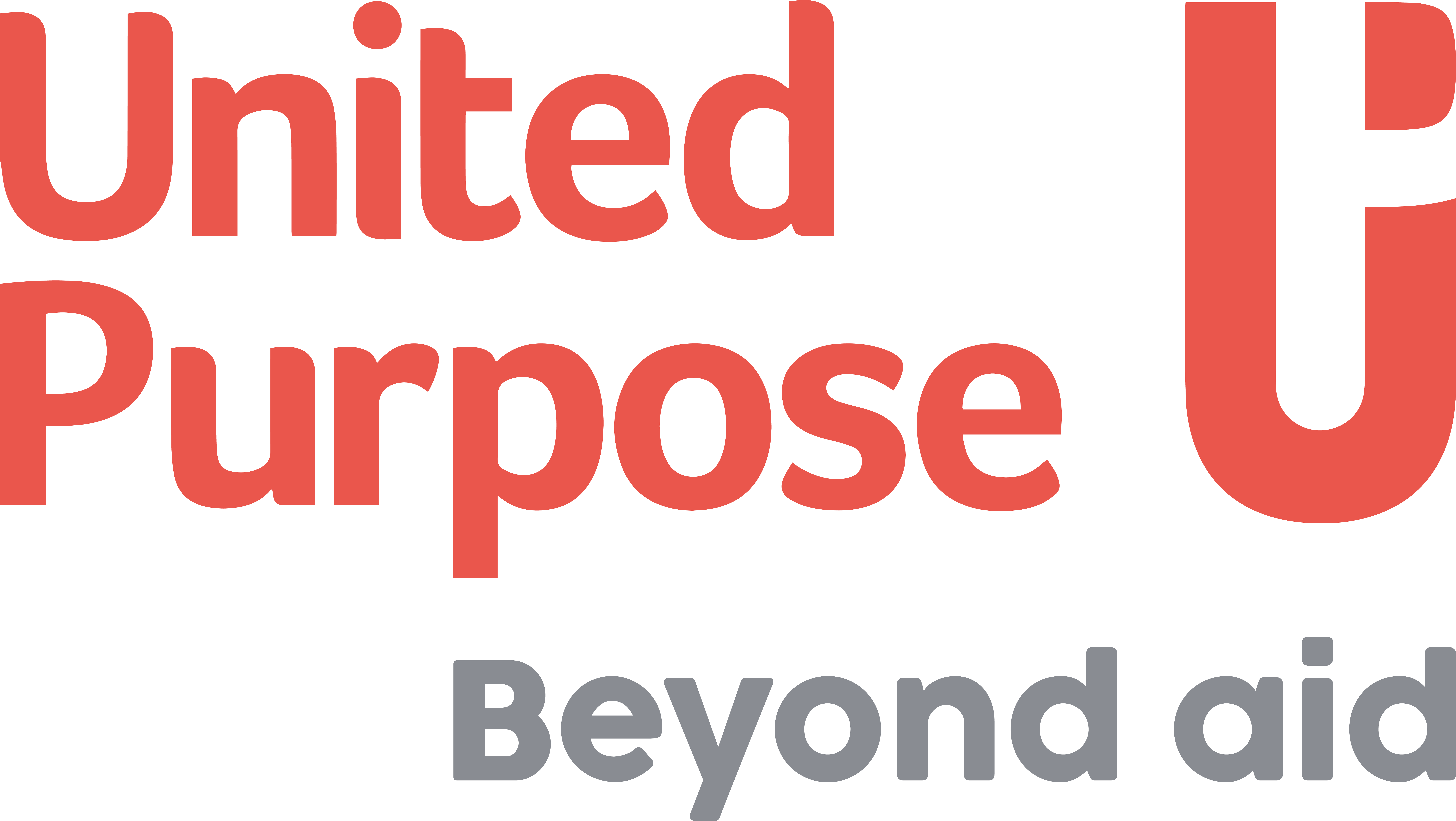
United Purpose
Bangladesh is one of the most densely populated countries in the world. While it has made huge strides in reducing poverty over the past three decades, roughly 25% of the country still lives on less than $1.90 a day. A low-lying country with rich agricultural heritage,...Bangladesh is exceptionally vulnerable to the impacts of climate change and natural disasters such as floods and cyclones.United Purpose has worked in Bangladesh for over 25 years. As an organization that focuses on community designed and led programming, our strength comes from our commitment to building close partnerships with community stakeholders and leaders to enable people to express agency over their own lives – so they can move Beyond Aid.Across Bangladesh, UP works primarily through grassroots enterprise hubs known as Youth or Women’s Business Centres (WBCs). These networks of women-led centres enable a unique, enterprise-based programming approach, which seeks to address some of the greatest challenges to sustainable development. In humanitarian contexts where enterprise is not possible, UP leverages similar community management approaches to position our community partners as agents of change.

HELVETAS Swiss Intercooperation, Bangladesh
Helvetas is committed to a just world in which all men and women determine the course of their lives in dignity and security, using environmental resources in a sustainable manner. Helvetas is an independent organization for development based in Switzerland with affiliated organizations in Germany and the United States.Helvetas supports poor and disadvantaged women,...men and communities in about thirty developing and transition countries in Africa,Asia, Latin America and Eastern Europe.Together with partners Helvetas tackles the global challenges at various levels: with projects on the ground, with expert advice and by advocating for conducive framework conditions benefiting the poor. This triple commitment is empowering people and transforming lives.Helvetas follows a multi-stakeholder approach by linking civil society actors, governments and private sector.Helvetas is active in five working areas: water and infrastructure, skills development and education, sustainable and inclusive economies, governance and peace and environment and climate change. Helvetas engages in emergency relief, reconstruction and rehabilitation. In addition to rural areas, Helvetas is increasingly involved in urban development and is focusing its work on young women and men. In Switzerland, Helvetas promotes solidarity and participates in the dialogue on development policy.
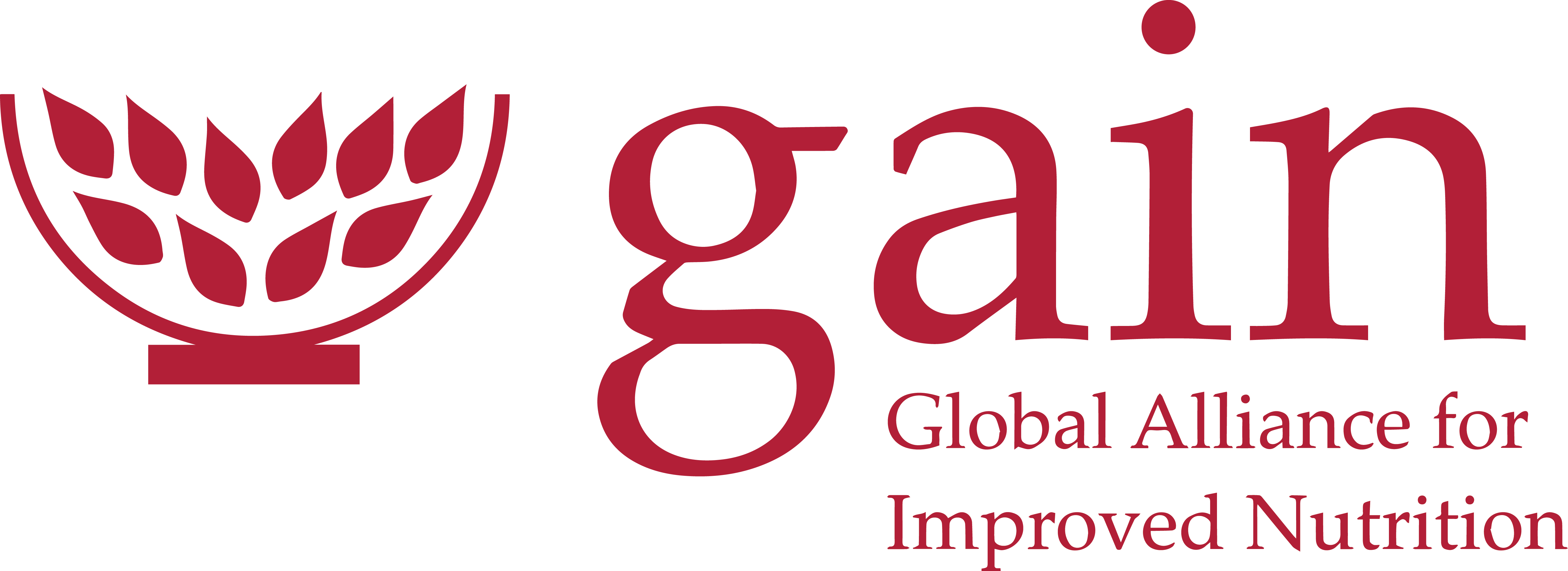
Global Alliance for Improved Nutrition (GAIN)
GAIN is driven by a vision of a world without malnutrition, in which all people have access to and consume nutritious and safe food. GAIN’s mission is to advance nutrition outcomes by improving the consumption of nutritious and safe food for all people, especially the most vulnerable to malnutrition.
Implementing Partners
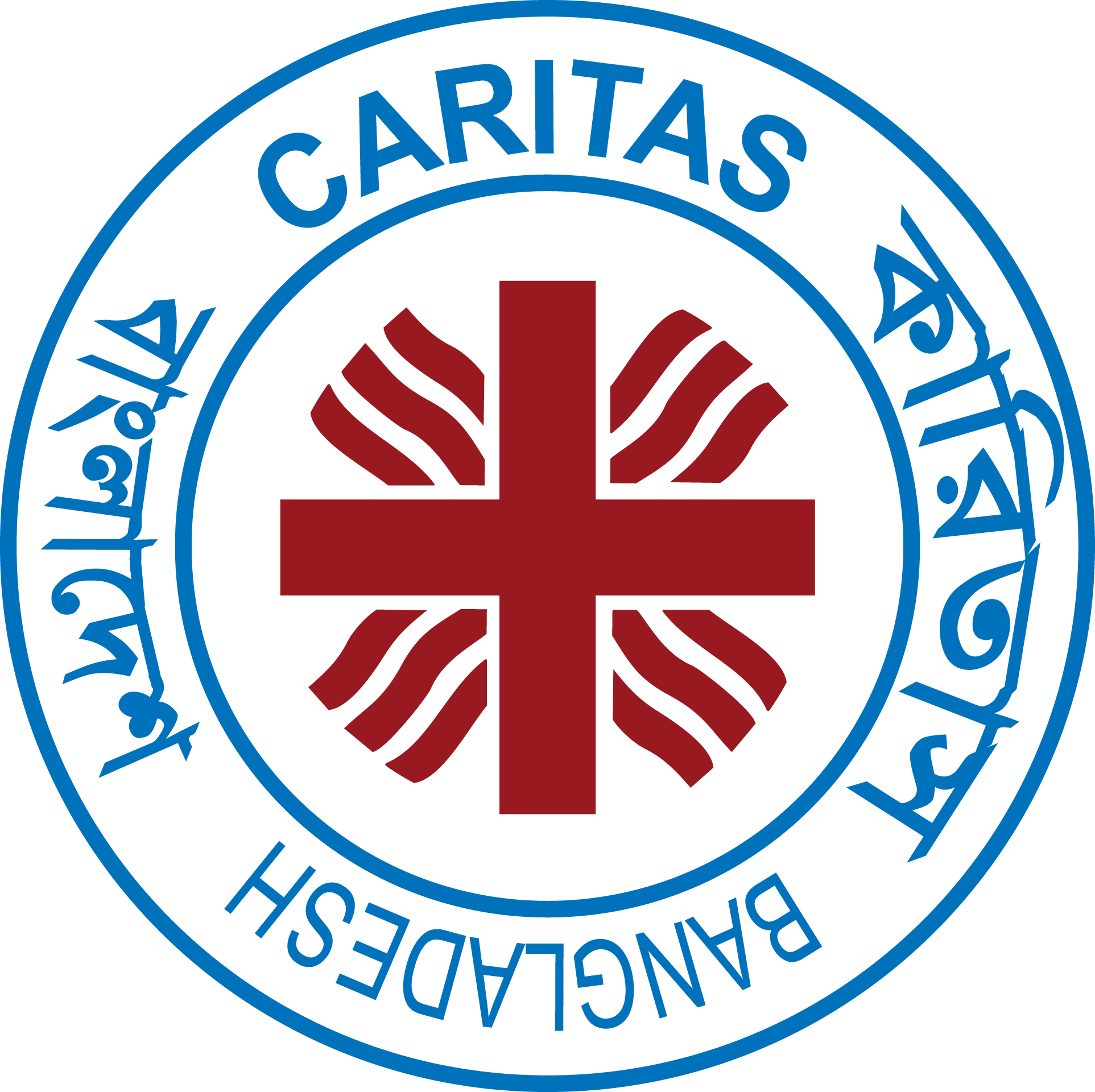
Caritas Bangladesh
In the light of the Social Teachings of the Church, Caritas Bangladesh envisions a society which embraces the values of freedom, justice, peace and forgiveness allowing all to live as a communion and community of mutual love and respect.Caritas Bangladesh tries to function in partnership with people – especially the poor and marginalized, with equal respect for all – to attain integral development,... to live a truly human life in dignity and to serve others responsibly and with love.
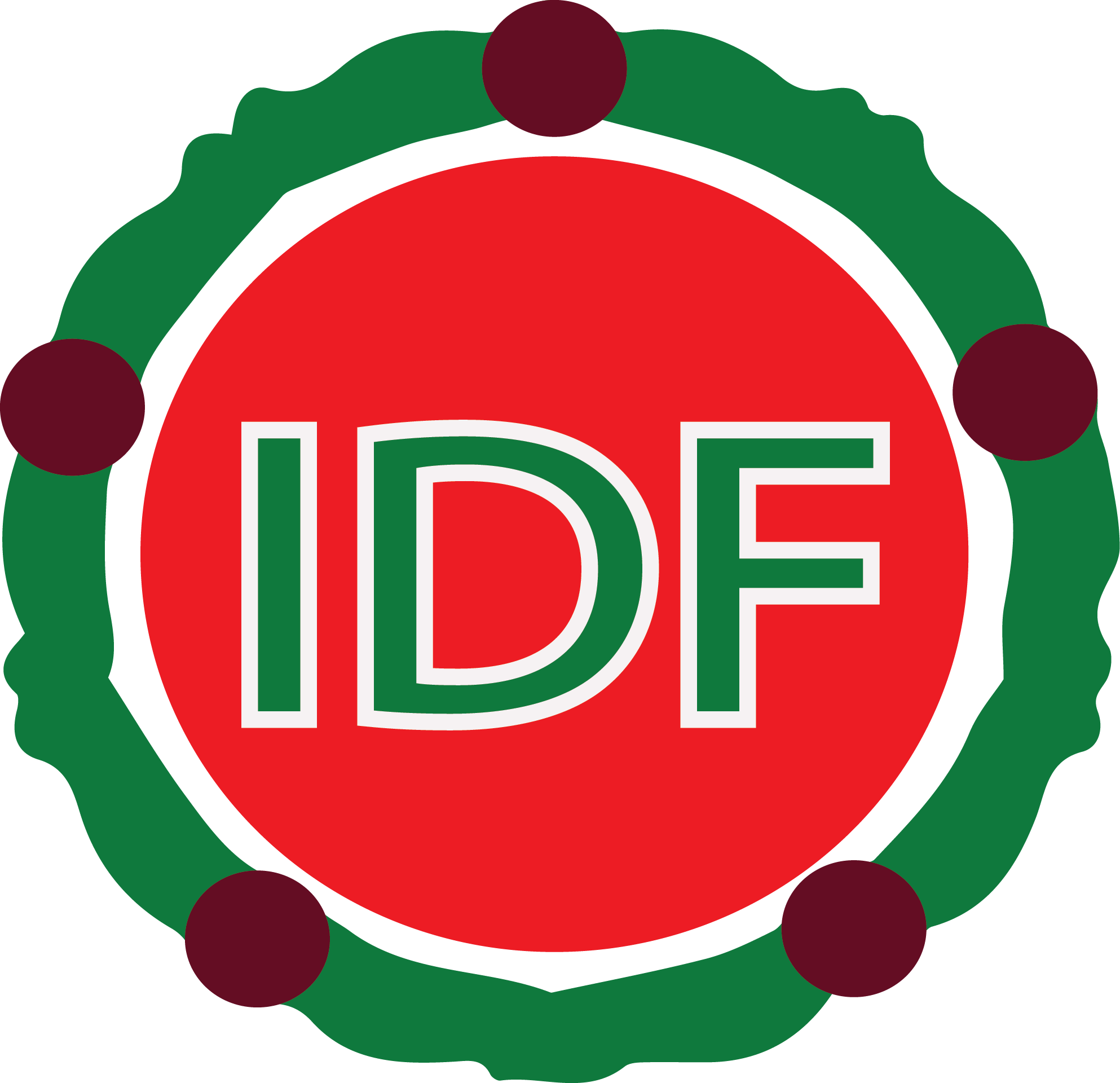
Integrated Development Foundation (IDF)
Integrated Development Foundation (IDF) is a non-profit, non-government organization established in December 1992 by Mr. Zahirul Alam, a former ILO staff member and founder member-secretary of the Rural Economics Program of the Economics Department at the University of Chittagong from where Grameen Bank Microfinance Model was developed by Nobel Laureate Prof. Muhammad Yunus in the 1970s....The main objective of IDF is to enhance the quality of life of the landless poor, marginal farmers and disadvantaged people in terms of capital, education, financial literacy, health, nutrition, sanitation, safe water, housing and the environment through building effective institutions of their own, which they can understand and operate and can find socio-economic strength in it through mutual support.IDF was established to work for the poor and disadvantaged people of remote, difficult, hilly and un-served areas of Bangladesh. IDF finds out un-served areas and un-served population so that poor and un-served families are not excluded from financial services. IDF designs financial and social products in such way that a sustainable development could be brought in the life of poor people. The financial products are credit for, income-generating activities, short and long term savings. It also provides micro insurance for life, health, income-generating activities and other products like disaster management supports, technology transfer, value chains development, solar home system for power, solar mini-grid etc.IDF started its journey with the experiment of Grameen model for the poor in Shoalok Mouza of Bandarban Hill District in 1993 with a seed capital of US$7,500.00(loan) from Grameen Trust. Following the success of the above pilot project, Swedish International Development Co-operation Agency (Sida) came forward to support IDF for the expansion of Grameen model in all districts of Chittagong Hill Tracts in the framework of a long-term (8 years) sustainable plan. The success of IDF in the subsequent years attracted other partners including Government, PKSF, ILO, Helen Keller International (HKI), UNICEF, CARE Bangladesh, AusAID, IDCOL, Grameen Foundation USA, Deutsche Bank, CowBank (Australia), Basic Bank Ltd., Sonali Bank Ltd., Bangladesh Krishi Bank, BRAC Bank Ltd., Bank Asia Ltd., Prime Bank Ltd., One Bank Ltd., Mercantile Bank Ltd., Eastern Bank Ltd., EXIM Bank Ltd. and others. The total number of families at present covered by IDF is about 150,000 families from various tribes. Chittagong Hill Tracts have alone 13 different tribes. All the members of these families have access to all products and services of IDF. About 99.98% of IDF clients are female between age 18-60 years. All members of IDF receives training on financial literacy. IDF has gradually emerged as a model of sustainable development for the poor of remote, hilly and difficult areas of any part of the world. IDF won the Global “Pioneer Award” from Grameen Foundation USA in 2004. Forbes Magazine (USA) rated IDF as one of the best 50 MFIs of the world in 2007. IDF won City Award 2015 as “the Best Microfinance Institution of the Year” in Bangladesh in 2015

Jum Foundation
Funded by the European Union, the Leadership to Ensure Adequate Nutrition (LEAN) project aims to break the perpetual cycle of undernutrition in 78 Unions from 18 Upazilas in the three Districts of the Chittagong Hill Tracts. The project is working to improve maternal and child nutrition for 282,000 pregnant and lactating women, children under 5 and adolescent girls from 210,000 ...households by providing holistic, nutrition-sensitive and nutrition-specific livelihoods models to diversify diets and income for the most vulnerable.

